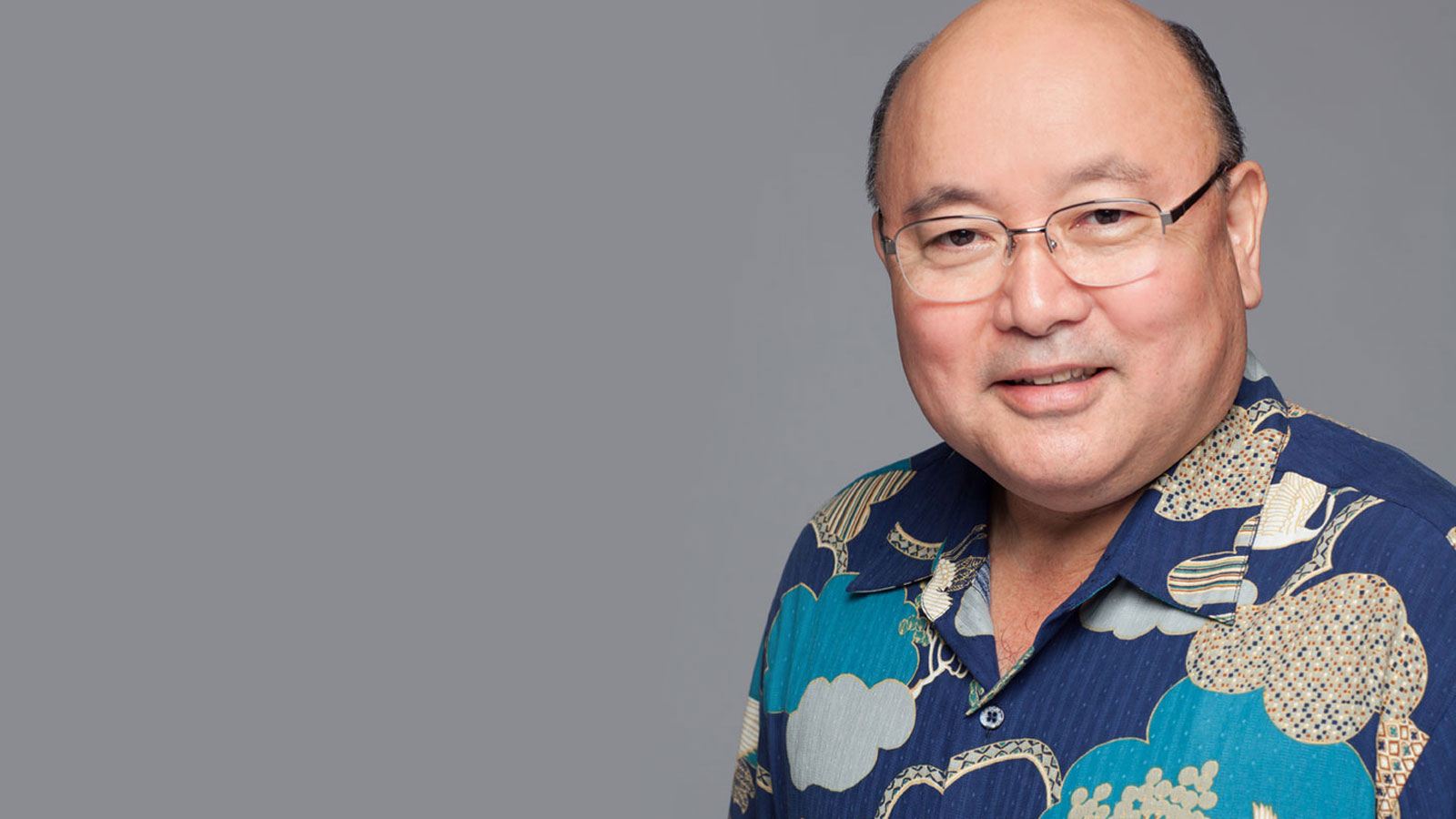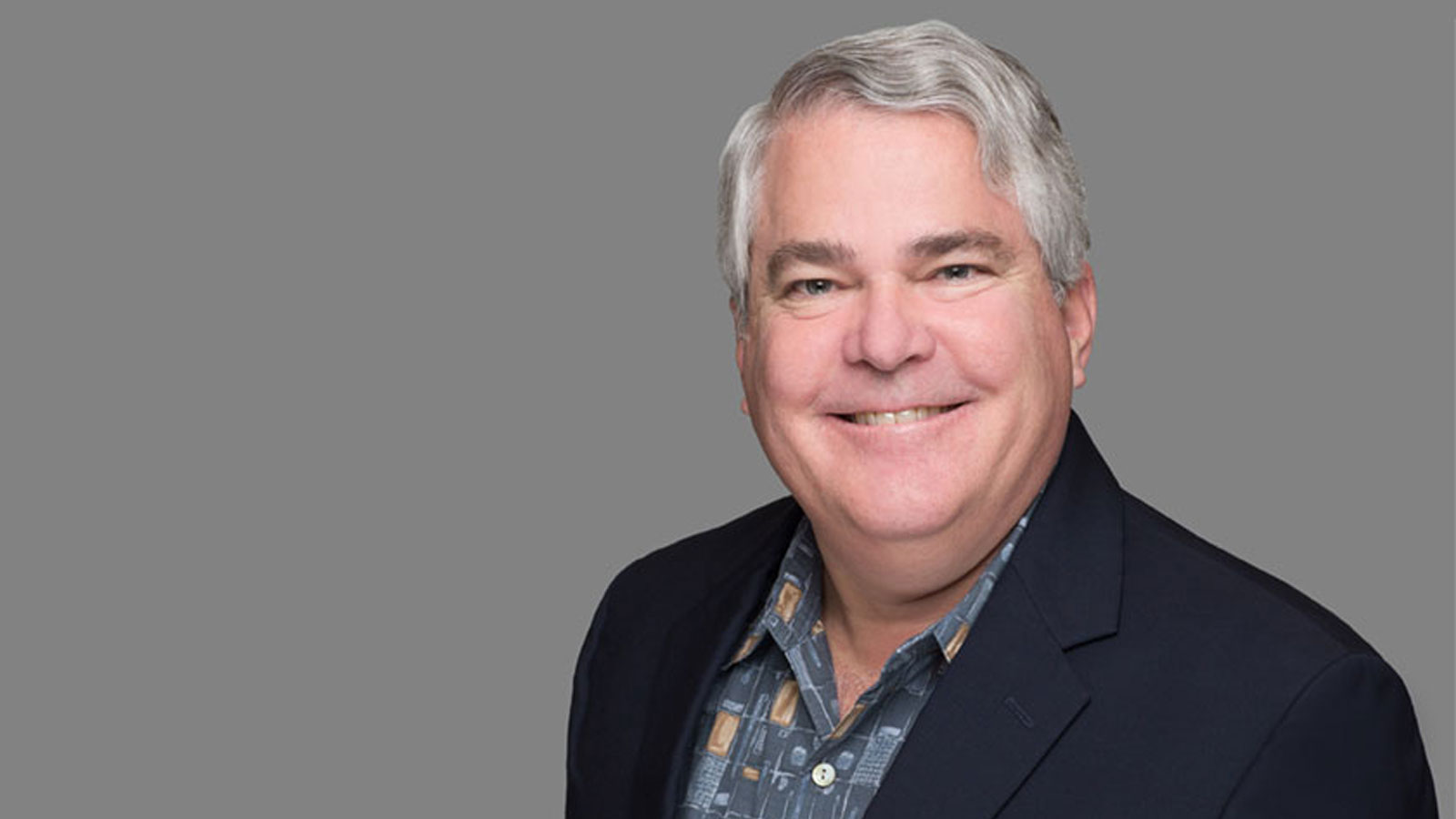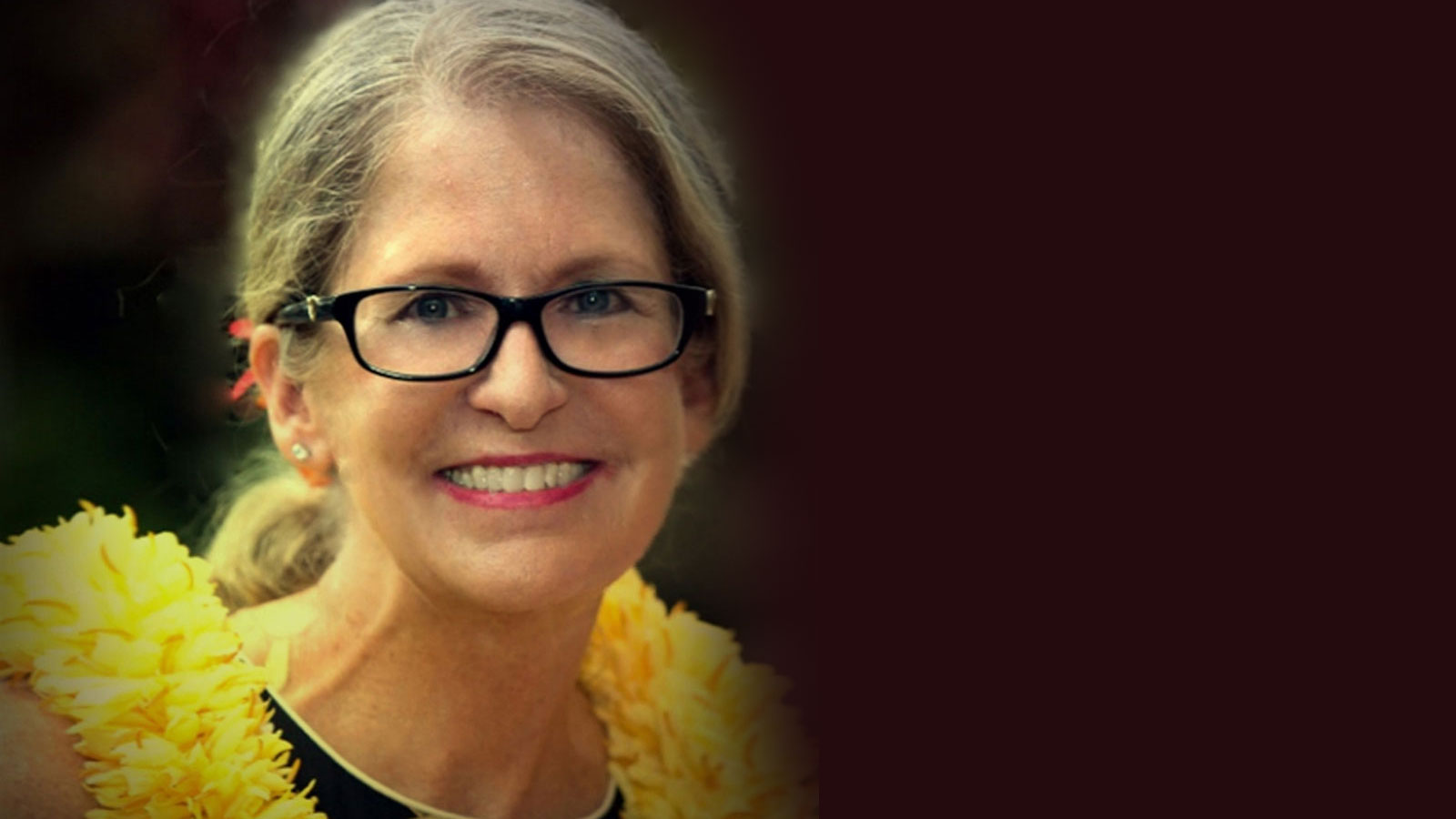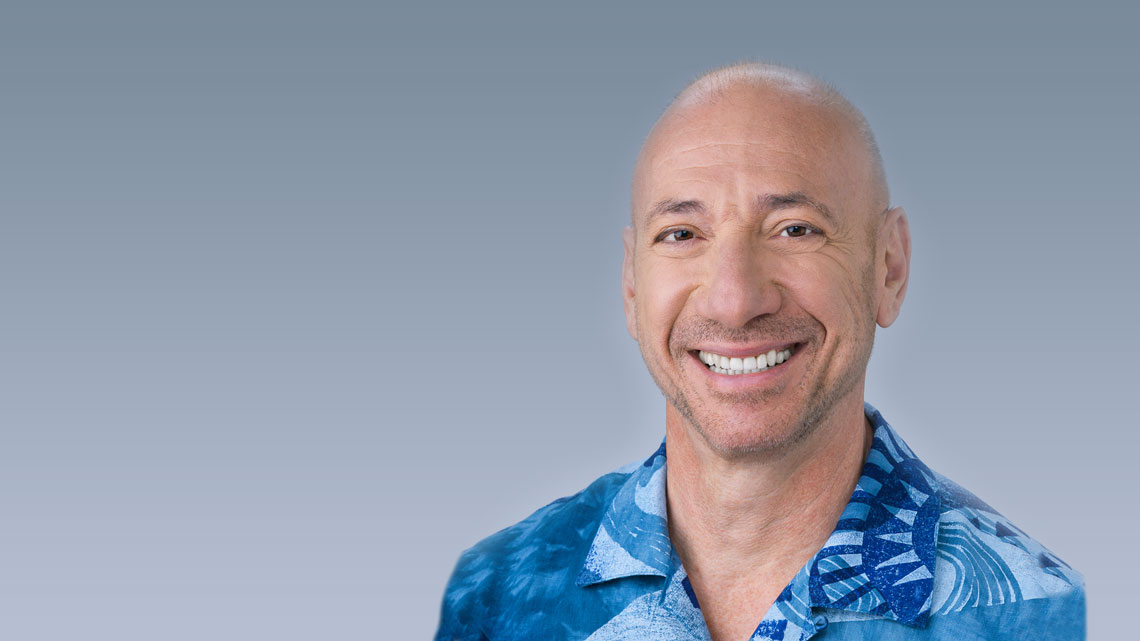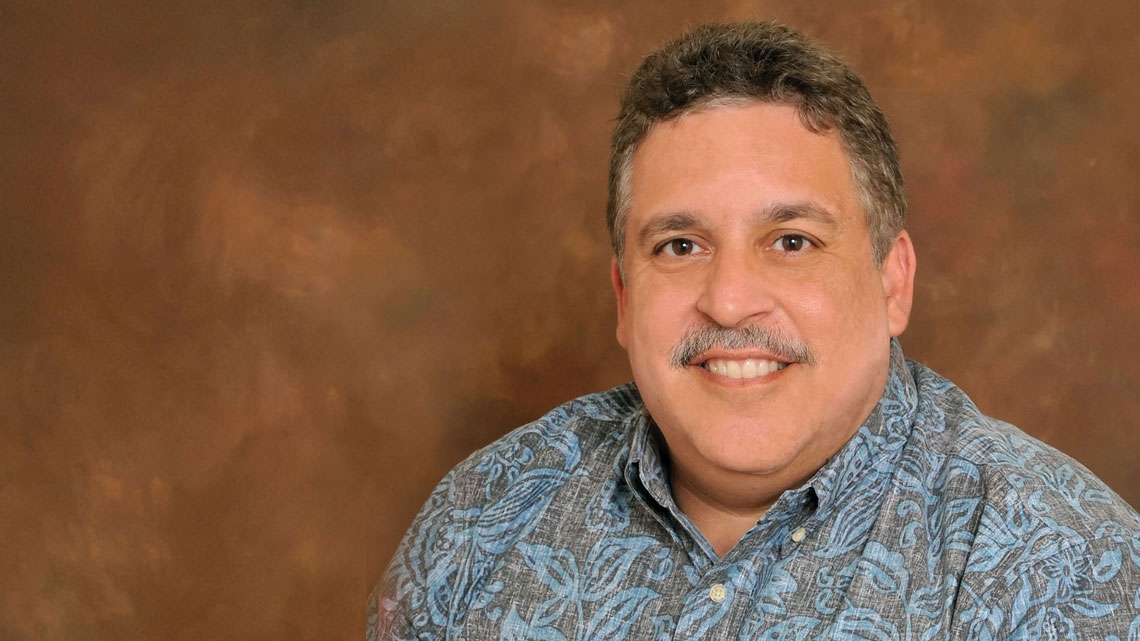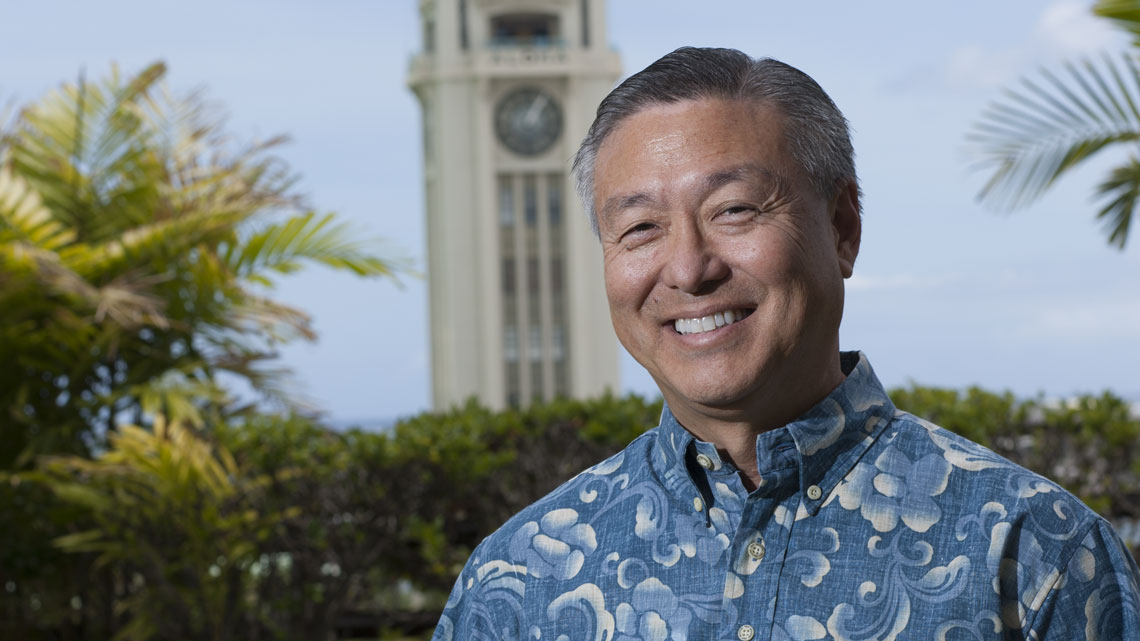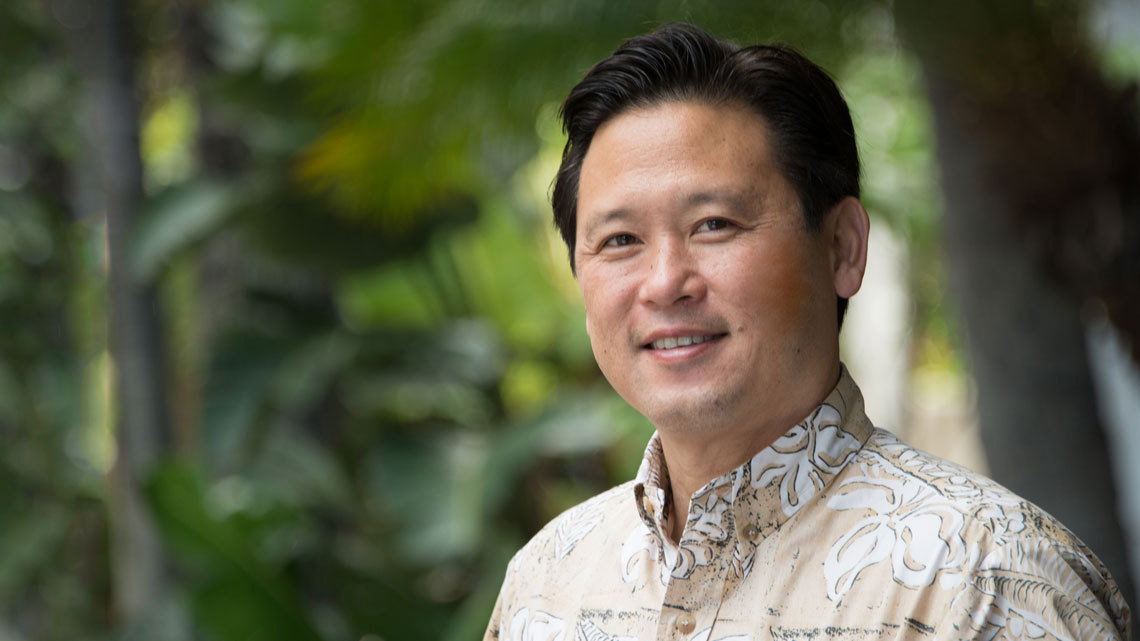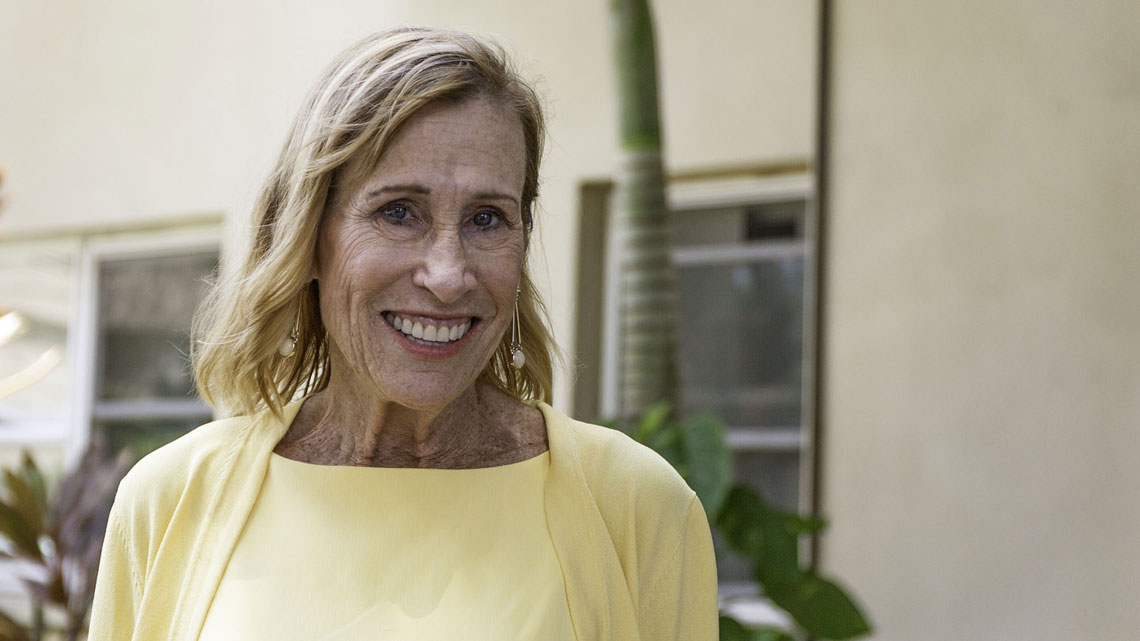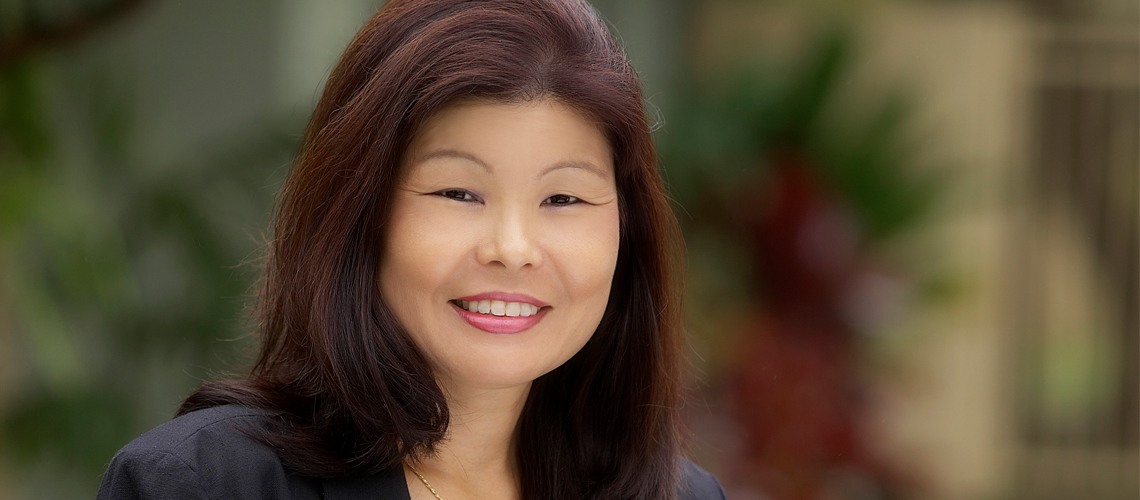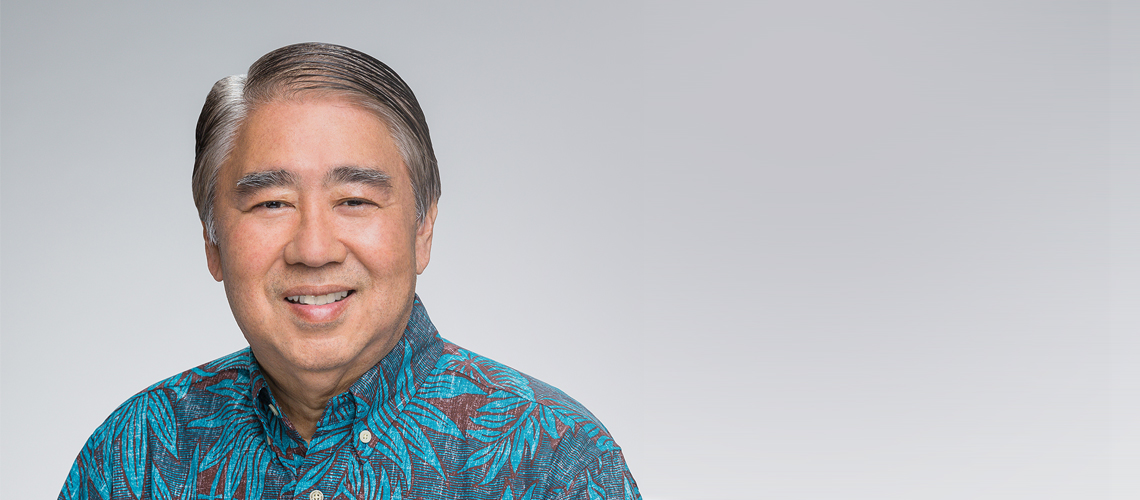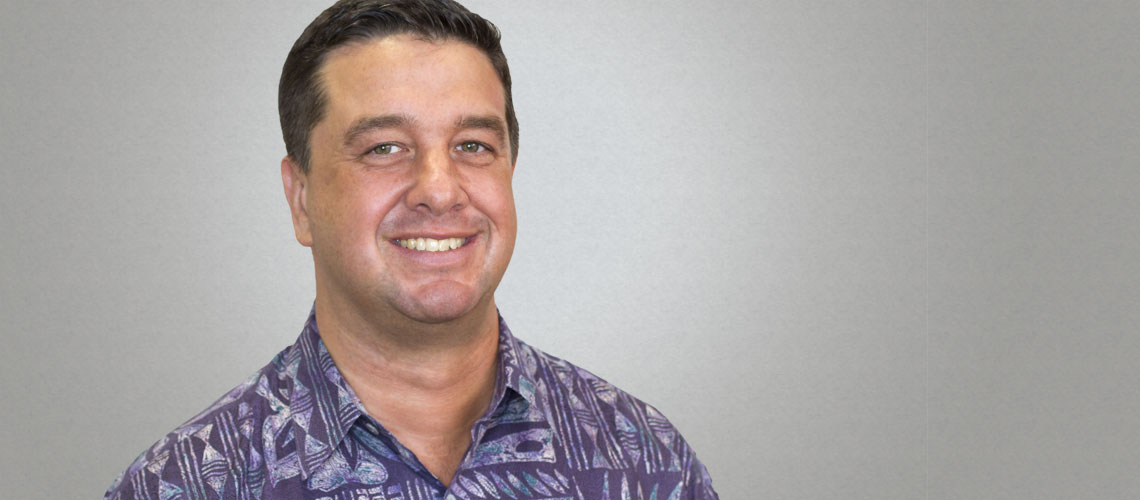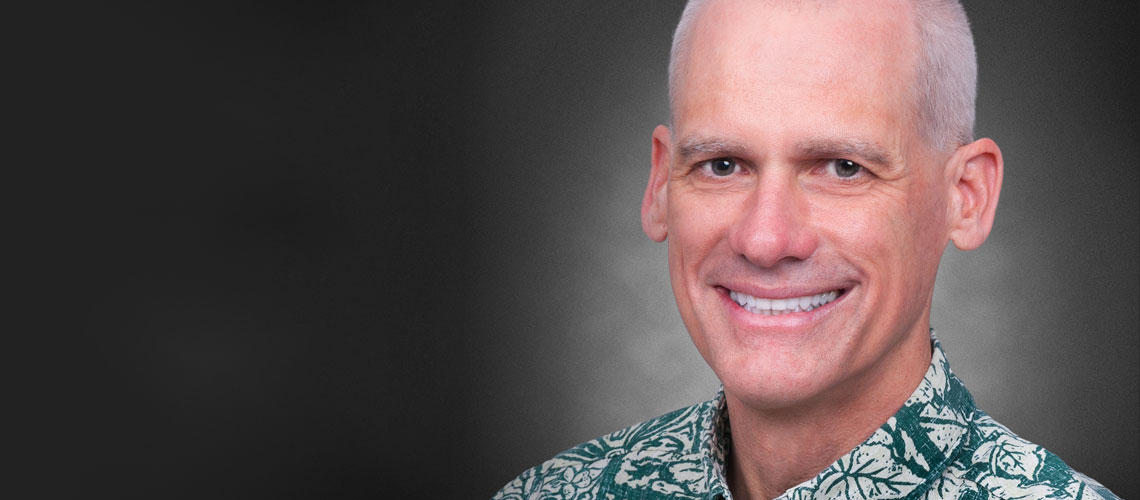Founded in 1967 to address Waikiki’s growing drug problem, Waikiki Health has evolved into a multi-service, multi-site nonprofit agency that provides quality medical care and social services to more than 37,000 patients a year. Sheila Beckham, CEO of Waikiki Health, has seen the impact of health care costs during her more than four decades in the industry.
On the state of the industry:
When I began working in health care in the 1970s, medical providers were given more flexibility in their treatment regimens. Not long after that, health care became more tightly regulated by third-party insurance carriers. Though the regulation was an attempt to get some control on spiraling health care costs and to instate consistency in treatment protocols, many providers were less satisfied with the constraints and reduced revenue. At this time, I feel we are making progress in providing insurance coverage to a wider body of individuals, but with so much more government oversight, the time a provider has with patients is reduced.
We are also seeing more medical providers leaving for more lucrative pay. We are also seeing many of our primary care providers retiring, without an adequate pool of prospective providers.
On outcome-based payment:
As a federally qualified community health center, we must provide care to anyone, regardless of their ability to pay. Being compared to agencies that can choose their patients does not provide a level playing field. I recommend we take into consideration the social determinants of health to make things more equitable.


